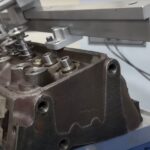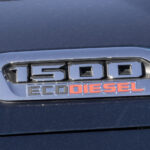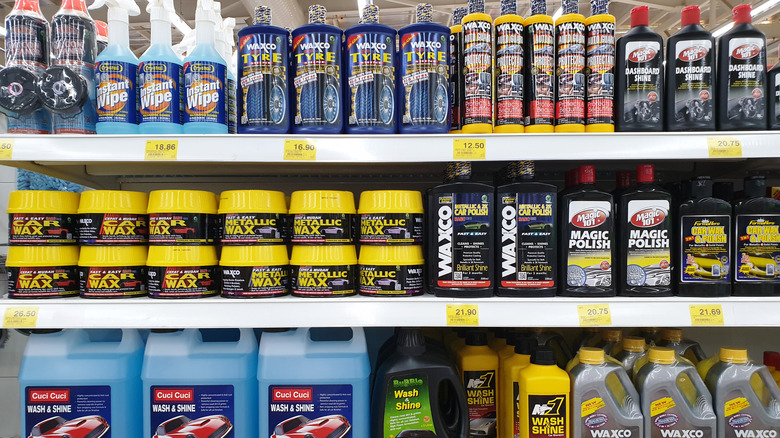Washing, cleaning, or detailing car paint requires vehicle-specific products and chemicals. When choosing products for cleaning any vehicle, it’s best to avoid the typical household cleaners or disinfectants you’d usually find at the grocery store. While those products effectively remove dirt, soils, or stains while neutralizing harsh odors, they also contain abrasives and more potent chemicals that could harm clear coat paint.
Advertisement
The goal of any car wash procedure is to clean the vehicle while minimizing friction, especially over clear coat paint. Excess friction causes scratches and hard-to-remove swirl marks, and it’s the reason wiping down car paint with a dry towel or abrasive brushes is one of the biggest mistakes you could make when cleaning your vehicle.
Instead of using household cleaners, washing the entire vehicle with car shampoo is a safer and more practical alternative. Car wash soaps or concentrated liquid shampoos have specifically formulated chemicals like mild detergents or surfactants that lift off and encapsulate dirt, removing dirt and contaminants without harming the finish.
Meanwhile, chemical-based protectants like waxes, polishes, sealants, and ceramic coatings are generally safe for car paint. Periodic application will provide lasting protection against UV damage, bird droppings, and acid rain while preserving a glossy shine. The only thing to remember before applying wax, sealant, or coating is to read the instructions carefully to achieve the desired results.
Advertisement
Chemicals to avoid on car paint
The household cleaners in your kitchen cabinet are for cleaning around the home. For instance, dish soap removes oil, grease, and food stains from your plates, pots, and pans. Unless you plan to strip off all the wax from your car’s paint, avoiding dish soap when washing your car is best. The mildly acidic nature of potent dish soap is also harmful to the many plastic components of your ride, which could accelerate cracking, fading, discoloration, or warping.
Advertisement
Furthermore, it would be best to stay away from ammonia-based window cleaners, hydrogen peroxide, bleach, and full-strength isopropyl alcohol. Those products contain harsh chemicals that could harm the clear coat and cause permanent surface defects like oxidation, fading, and rust.
Other chemicals that should never touch your car’s paint include gasoline, brake fluid, and fresh asphalt. Brake fluid acts like a paint stripper when left unattended and can cause permanent damage. Meanwhile, gas and tar/asphalt will cause stains and marring on the paint when left to dry.











